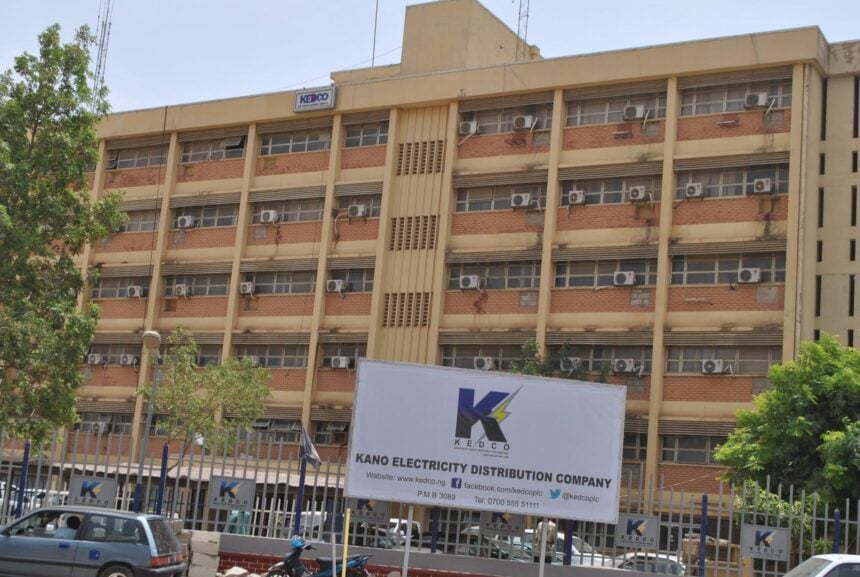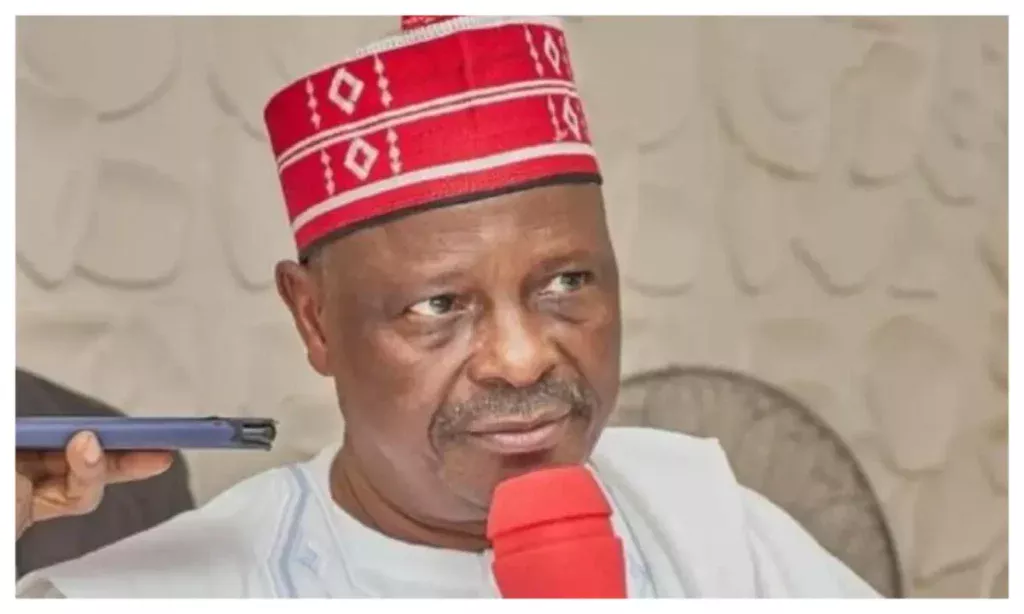In the realm of Nigerian politics, a subtle but significant transformation has been taking place. President Bola Tinubu has been steadily unwinding a series of policies set in motion by his predecessor, Muhammadu Buhari, over the past six months. While both leaders hail from the same political party, their differing economic outlooks have set them apart, with Tinubu leaning towards a more liberal economic stance, in stark contrast to Buhari’s protectionist approach.
A notable divergence between the two leaders is evident in their handling of economic policies. Tinubu, the former Governor of Lagos State, remained relatively subdued during his predecessor’s tenure, only vocalizing his dissent when policies seemed to directly impact him during elections. His emergence as President ushered in a wave of policy reversals, signifying a departure from the previous administration’s trajectory.
One of the pivotal policy shifts orchestrated by President Tinubu is the removal of ASUU from the Integrated Payroll and Personnel Information System (IPPIS). The prolonged tussle between university lecturers and the government over the implementation of IPPIS eventually saw a resolution under Tinubu’s leadership, ending years of disruptive shutdowns in Nigerian universities.
Another significant move by the Tinubu administration was the lifting of the ban on cryptocurrency, a stark contrast to the stance adopted by former CBN governor, Godwin Emefiele, under the Buhari regime. The reversal of this policy reflects a departure from the previous administration’s strict regulatory approach.
Additionally, the 8-year ban on 43 items from accessing foreign exchange from the official market was lifted, marking a departure from the protectionist policies championed by the Buhari administration. The decision to allow importers of the previously restricted items to access foreign exchange in the Nigerian market underscores a shift towards a more open economic landscape.
The redesigning of the Naira, a contentious issue during the election period, witnessed a significant pivot under President Tinubu’s leadership. The policy, which had led to a scarcity of the Naira, causing hardship for citizens, was extended indefinitely, signaling a departure from the previous administration’s approach.
Furthermore, President Tinubu’s administration exhibited a willingness to reassess the mandates imposed by the Finance Act of 2020, particularly the 40% auto deduction of gross IGR of partially funded agencies. The decision to reconsider the implementation of this law reflects a departure from the rigidity of the preceding administration.
In summary, the policy reversals initiated by President Tinubu are emblematic of a broader shift in Nigeria’s economic landscape, moving away from the protectionist underpinnings of the past administration. As these changes unfold, the dynamics of Nigeria’s economic policies are witnessing a remarkable transformation under the new leadership.



